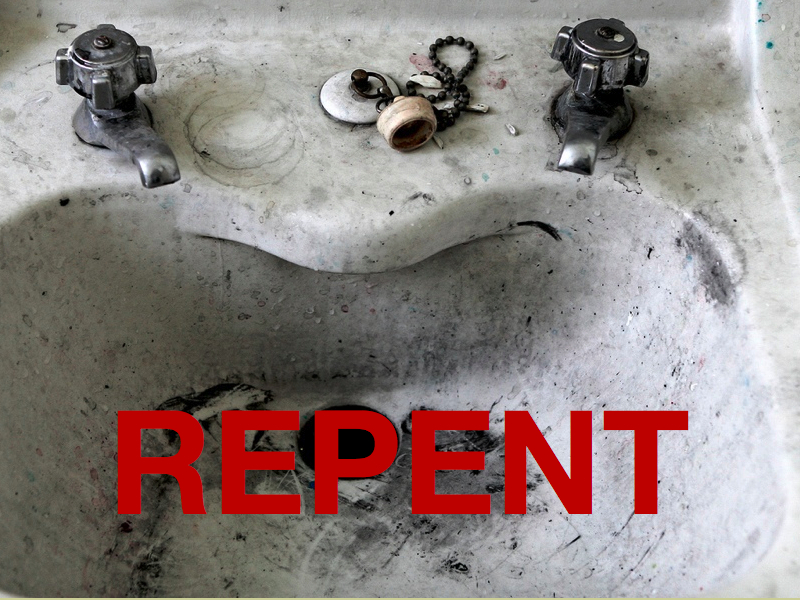Eyes to See
Series | Repentance
We learn much about seven churches’ problems in Revelation 2-3. Five of the seven addresses include the command to repent, by the way: Ephesus for lost love, Pergamum for failing to confront false teachers, Thyratira for allowing sin in the church, and Sardis for sleeping. But the last church addressed, the lukewarm Laodiceans, may be the closest parallel to us. Their presumed spiritual prosperity was really poverty, and Jesus implored them to be zealous and repent.
How can we fix our broken hearts, our broken churches, and our broken culture? Is it possible for our souls to be spiritually rich and righteous? Is it possible for our churches to be spiritually hot and bright lights in our culture? The answer is a resounding Yes! And what we need is repentance.
Things are not good, yet we are indifferent, and worse, ignorant of our indifference. We often fail to see sin for what it really is. Sin deceives us, offering us substitute, short-term joy of second-rate quality. Our churches suffer as a result. As our personal interests are worldly, so are our corporate programs. As our souls are apathetic, our local bodies grow perilously anemic.
We need a change. We need repentance. We need Augustine. Similar to today, “The congregations who heard Augustine preach were not exceptionally sinful. Rather, they were firmly rooted in long-established attitudes, in ways of life and ideas, to which Christianity was peripheral” (Peter Brown, Augustine of Hippo, 247). He “preached to men who thought they knew what the Christian life consisted of” (ibid., 244).
Maybe more than anyone else in church history, Augustine of Hippo wrestled with blinding, joy-stealing sin. He was afraid to let loose of his lusts for fear that he would lose joy.
But in his Confessions, Augustine described God’s sovereign reproof and loving discipline that lead him to repentance. We will consider his life and his teaching, throughout this continuing series, as someone outside our century, who may give us perspective and remedy for the problems in our own day. By God’s grace, we may have our eyes opened. Or, as John wrote in Revelation 3:22,
He who has an ear, let him hear what the Spirit says to the churches.
